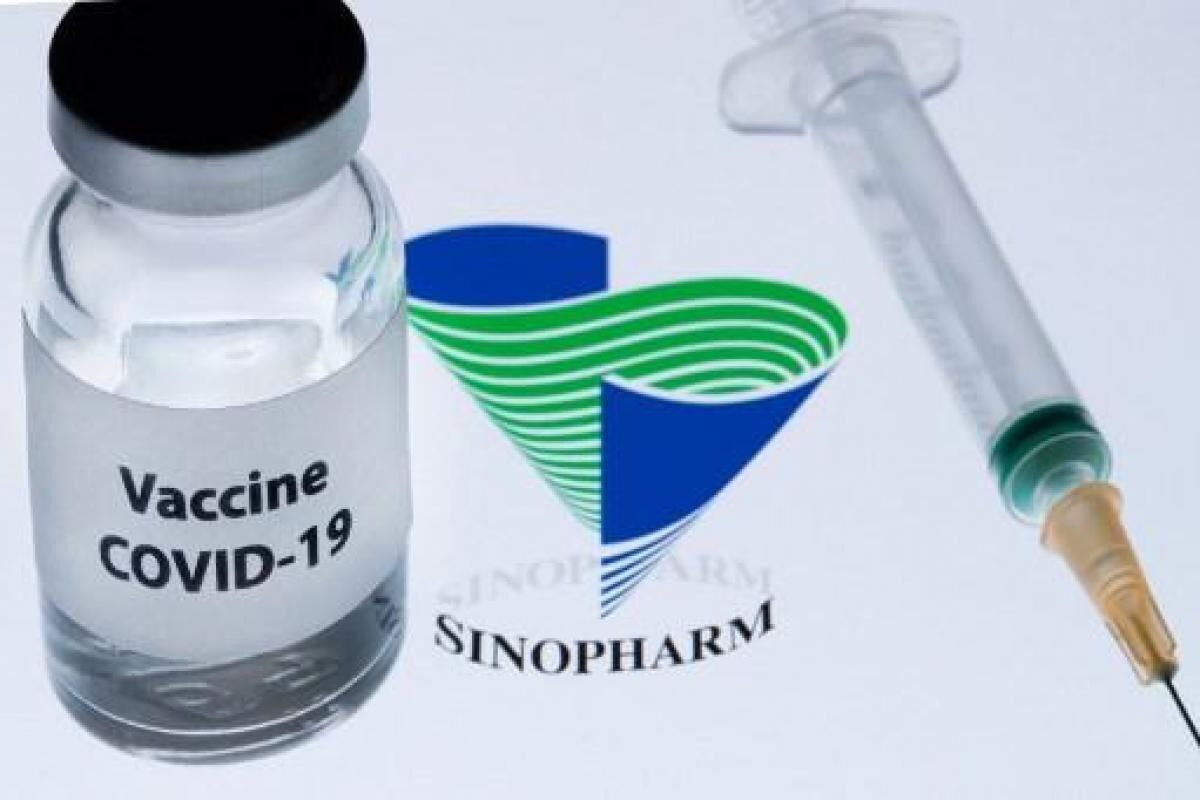Approval of Sinopharm and Sinovak vaccines in Canada
Canada will soon require international students and workers to be fully vaccinated as more vaccines are approved.
Starting Nov. 30, Canada will expand the list of Covid-19 vaccines that travelers can receive to be fully vaccinated, according to state media. Sinopharm, Sinovac, and COVAXIN will be added to the existing list of approved manufacturers such as Pfizer, Moderna, Astra Zeneca, and Johnson and Johnson.
Then, starting January 15, 2022, vaccine-exempt travelers will only be allowed to enter the country if they have been fully vaccinated with one of the approved vaccines.
The list of people exempted from receiving the vaccine includes:
• Family members of Canadians, permanent residents, and persons registered to enter Canada under Indian law;
• International students 18 years and older;
• Athletes;
• Work permit holders, with the exception of those who work in agriculture and food processing;
• Essential service providers, such as truck drivers.
After the new measures come into effect, people who are not vaccinated or not fully vaccinated will only be allowed to travel to Canada if they have an exemption. Some exempt groups include workers in agriculture and food processing, people engaged in maritime services, people with new permanent residence, refugees and some children under 18 years of age. These travelers, who are exempt from the requirement to be fully vaccinated, are still subject to testing, quarantine and other entry requirements. Those who are not vaccinated and do not qualify for the exemption are prohibited from entering Canada.
Also, starting November 30, Canadian citizens and permanent residents who are fully vaccinated can return to the country without being tested for Covid-19 if their trip is less than 72 hours. Canadian travelers departing the country for more than three days must still present a negative pre-entry PCR test upon return.
Canada is planning a three-step approach to removing the requirement for travelers to submit a PCR test to US border officials. The next phase is expected to affect US travelers. After this stage, the test measures for travelers from other parts of the world are also expected to be removed.
The United States recently lifted restrictions on Canadians crossing the land border for non-essential reasons. Fully immunized travelers do not need to submit a test upon entry into the United States, but must submit a test upon transit through Canada.
For weeks, experts have been calling on the Canadian government to remove costly COVID-19 PCR testing requirements for fully vaccinated travelers on short-term cross-border trips. The main reason given is that these tests are expensive, usually between $150 and $300, and are logistically difficult to perform if the length of stay is short. According to many people, such as those who have to travel frequently for business, this makes travel between the two countries very expensive.
The Canadian Chamber of Commerce issued a statement on November 17 calling on Canada to eliminate pre-departure PCR testing for vaccinated travelers.
“Getting rid of unnecessary and antiquated travel rules will help Canadian businesses get back to work — and compete,” Chamber of Commerce President and CEO Perrin Beattie said in a statement.
